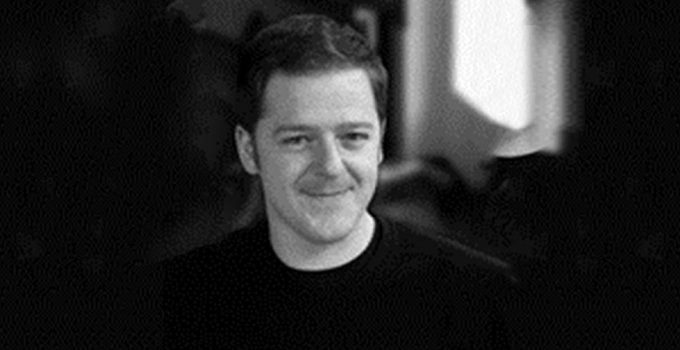DIRECTOR'S SEMINAR: How to lose your larva: genetics of developmental evolution in the sea
Benthic marine animals come in two general flavors. In some species, females produce large numbers of small eggs, and these develop into morphologically complex
Speakers
Content navigation
Description

Benthic marine animals come in two general flavors. In some species, females produce large numbers of small eggs, and these develop into morphologically complex pelagic larvae that feed in the plankton before they metamorphose into benthic juveniles. In other species, females produce small numbers of large eggs, and these develop directly into juveniles, never having to feed as larvae.
Transitions between these life-history strategies have occurred hundreds of times across the phylogeny of animals. In only one species, the polychaete annelid Streblospio benedicti, do both strategies coexist as a heritable dimorphism.
I’ll describe our genetic dissection of developmental variation in this species, and I’ll show how the genetic details of developmental variation influence life-history evolution.
Matthew Rockman is an Associate Professor in the Department of Biology at New York University, where he studies the genetic and evolutionary causes of heritable phenotypic variation. He received his PhD from Duke University, working with Greg Wray, and he was a postdoc with Leonid Kruglyak at Princeton University. Prior to his PhD, he spent 1998 as a Fulbright Scholar at ANU, working with Dave Rowell. Currently, he is on sabbatical at the University of Queensland.
Location
Slatyer Seminar Room, DA Brown Building #47, Daley Road
Preceded by light lunch at 12noon
